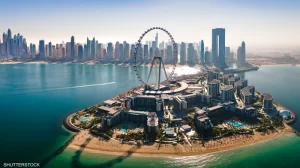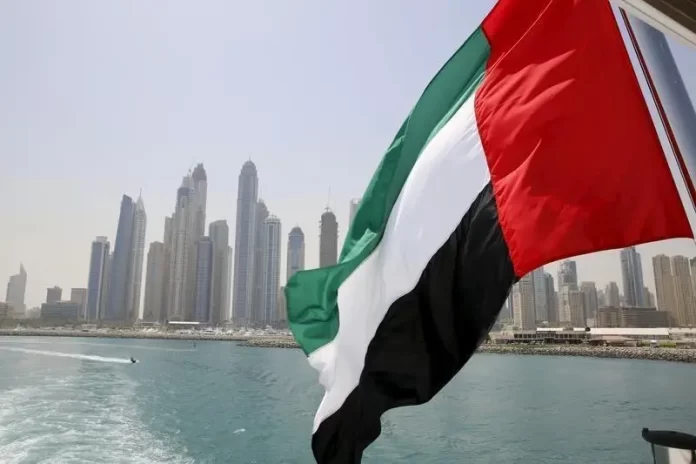The upbeat market conditions have enabled firms to attract new clients and increase order volumes, with the pace of new work reaching its highest level in nine months. The rise in demand is attributed to ongoing projects, competitive pricing, and favorable weather, which have collectively bolstered business activity. However, sales to international clients have experienced a softer growth trajectory, indicating that domestic demand is currently the driving force behind this expansion.
Despite the positive trends, the sector is facing significant pressures, particularly in terms of staffing. Staffing levels have increased at one of the slowest rates in over two-and-a-half years, due in part to margin pressures that have limited recruitment efforts. David Owen, Senior Economist at S&P Global Market Intelligence, noted that firms are struggling to boost resources amid rising costs and falling charges, emphasizing the need for increased recruitment to capitalize on demand in the coming year.
In Dubai, the PMI rose to 55.5 in December from 53.9 in November, highlighting the strongest growth in operating conditions in nine months. This growth is supported by faster expansions in output and new orders, with businesses reporting increased client demand and bustling market activity. Despite this positive momentum, confidence among Dubai-based firms has waned, with optimism reaching its lowest level since May 2021. Only a small fraction of respondents, 6%, expect output to grow in 2025, reflecting caution in future outlooks.

In the short term, the expansion of the non-oil sector is expected to contribute positively to the UAE’s GDP, offering a buffer against fluctuations in global oil prices. According to a report by the International Monetary Fund, diversification into non-oil sectors could enhance the UAE’s economic stability and growth prospects. However, the staffing constraints and cautious business sentiment suggest that there are challenges to be addressed to sustain this growth trajectory.
In the long term, resolving recruitment bottlenecks and enhancing workforce capacity will be crucial for the UAE to fully leverage its non-oil sector potential. As firms continue to face margin pressures, strategic investments in productivity and innovation could help alleviate some of these constraints. Moreover, fostering a favorable business environment that supports entrepreneurship and investment will be key to maintaining the sector’s momentum.
